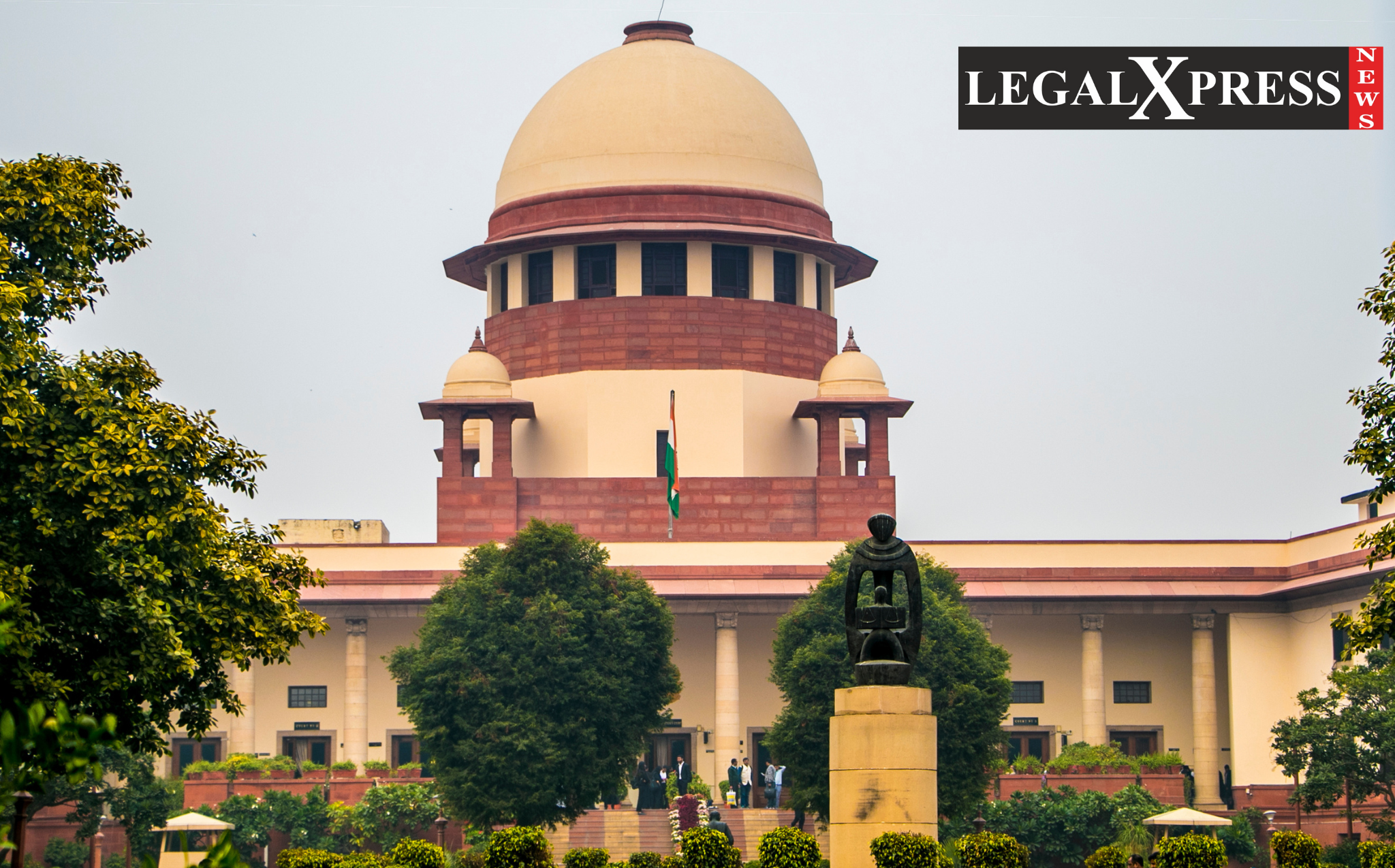 Subhashish Panigrahi, CC BY-SA 4.0
Subhashish Panigrahi, CC BY-SA 4.0
|
The Bench led by Justice UU Lilith and Justice Ravindra Bhat was set to hear the writ petition filed in the Apex Court.
The case was filed by the petitioner namely Devkindan Thakur. In the petition which he filed, he prayed the Apex Court to consider the Hindu religion as minority at district level. This case was challenging the 1993 notification which considered other religions as minorities those are Muslims, Christians, Sikhs, Buddhists, Parsi and Jains at the national level. A writ petition was filed in the Supreme Court of India on the matter of considering Hindus as minorities at the district level. The bench Comprising of Justices UU Lalit and Ravindra Bhat was set to hear the writ petition. The petition was filed by the Person Devkindan Thakur, who is challenging the 1993 notification of the central government declaring the Muslims, Christians, Sikhs, Buddhists, Parsi and Jains as the minorities national level. The petitioner has prayed for the consideration of religion and linguistic factors to decide on the minority at the district level. The bench has referred to the TMA Pai case, where the Apex court has held that the minority groups have to be decided at the state level. The bench has also referred to the Kerala Education bill case 1958, the Kerala High Court has rejected the argument of identifying the minorities at the district level. The petitioner council has argued stating that in some of the states the Muslims and Christians are the majority of the population but still, they are considered as the Minority religions but Hindus being the less in number are the majority due to which the people are missing out the benefits of the minority status. The court has asked for some statistics and to produce concrete examples to the court. The court has said that how can the court declare the minority status of the religions and has directed the council of the petitioner to revisit the Kerala Education Bill case. The court has said these matters have to be dealt with by the central government and State governments to sit together and then constructively decide on the minority status of each state as per the numbers. The petitioner’s counsel has provided the bench with some important numbers but from the places where the population of Hindus is less since the petitioner's case is about making Hindus a minority group in India. The numbers submitted in the court from the places like Ladakh, Mizoram, Kashmir, etc. then showed the numbers of other religions and pointed out that these religions are given minority status. The petitioner has asked the Union Government to define what a minority is and to list out the minority classes at the district level. The union government has responded to the question of the petitioner by filing an affidavit. In the first reply of the Union govt. they said that the Hindus can be made as a minority in the states where they are less in number with appropriate measures taken by the State government. But in their second affidavit the union govt. filed, they have changed their stand saying that wide consultation is required in this matter to decide on minority classes. After taking two stands the Apex Court has asked the Union Government to submit a report on the consultation process with the State Governments within 3 months on this matter.
Tags : #Supremecourt, #UnionGovt., #StateGovernments, #Hindus
Copyright A unit of White Code Global Consulting Pvt Ltd. All rights reserved. Unless otherwise indicated, all materials on these pages are copyrighted by A unit of White Code Global Consulting Pvt Ltd. All rights reserved. No part of these pages, either text or image may be used for any purpose. By continuing past this page, you agree to our Terms of Service, Cookie Policy, Privacy Policy and Content Policies.